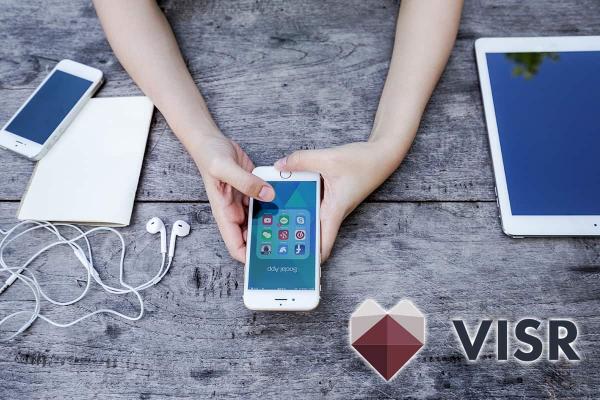
There may be only 24 hours a day, but an average adult spends one-fourth of that time online. According to the Global Web Index, in 2014, the average person spent 6.15 hours online, and nearly 30 percent of that time was spent on social networks.
Social networking has many perks, including the ability to easily communicate with friends and family, keep in touch with people who are far away, and quickly access information or learn about current events. However, there comes a point when people can get too wrapped up in the latest happenings online and lose focus on the real world around them.
Here are seven signs that you or your teen might be missing out on reality and taking social media too seriously:
1. You make mean comments
When you are serious about your social networks, you thrive off your followers and the comments made on your accounts. Unfortunately, to increase comments and activity, you might make rude comments just to spark debate and controversy. Another popular option for serious social media users is to write open-ended posts, such as "I can't believe my spouse would do this to me." This makes people comment and ask questions, which results in even more activity and drama.
2. You post excessively
We all know that person who shares what she eats for every meal, when she went to the gym and every exercise performed, why she is having a rough day with her children and every other minuscule detail of her life. Sharing information is what social media is all about, but there is a line to avoid crossing. Too much sharing can let online predators gain personal information about you or your family, such as when you are home, where you hang out, etc.
3. You can't pass the one-day test
The one-day test is simple: turn off your phone for one full day. This may be more difficult than you think for those who are consumed by social media. According to Pew Internet Research, 24 percent of teens report going online "almost constantly" and 92 percent of teens go online daily. This constant use has increased because of mobile devices. If you or your teen can't go a day without spending time online, intervention may be needed. In fact, a study found that people who spend excessive time online are more likely to show signs of depression. This is due to less face-to-face connection and fewer in-person social activities.
4. You take a million selfies
A profile image or daily photo must be perfect, if you take your social media account too seriously. For those aiming for the perfect selfie, it isn't uncommon to take several selfies, each from a different angle, before finding the one to post or share with friends. Unfortunately, sometimes these pictures can be inappropriate. Sexting is quickly becoming popular among teens and young adults. According to Enough Is Enough, twenty percent of 16-year-olds and 30 percent of 17-year-olds have received a sext. VISR is a tool parents can use to know if their child is sharing nude or explicit photos online. Sharing explicit content is just one of the many notifications parents can receive when using this tool.
5. You avoid remote locations
The lack of an Internet connection prohibits "checking in" or posting about the latest adventure, which can cause a crisis mode. To avoid the panic of not knowing what is going on with your Facebook account or Twitter feed, many social media addicts simply avoid remote locations. However, if these social media lovers would spend enough time in these remote locations, they would be forced to interact face to face with other people and break away from virtual life.
6. Extravagant tagging
To keep your followers and friends and to ensure more people see your posts, you may tag a number of people in your post, even if it has little to nothing to do with them. Without the proper settings on your accounts, unwanted visitors to your account may stalk you, which leads to the next point "�
7. You add people you don't know
To increase followers and friends, people who take social media too seriously may add others they do not know to their friend lists. This can lead to a variety of other inappropriate online activity, such as sharing dangerous or inappropriate content, bullying and even meeting up with online predators. The majority of victims of online predators are teens and pre-teens.
Social networking is a valuable tool and can help in various ways, but it should be monitored. VISR is a free app that allows parents to trust their teen's social media use, yet monitor for inappropriate behavior. Bullying, inappropriate images, specific terminology and even late-night usage can all be monitored because the tool provides parents with real-time notifications that alert them of any potential social-media issues. Social media is powerful, as long as you don't become too serious about it. Download VISR in the App Store or Google Play today!

